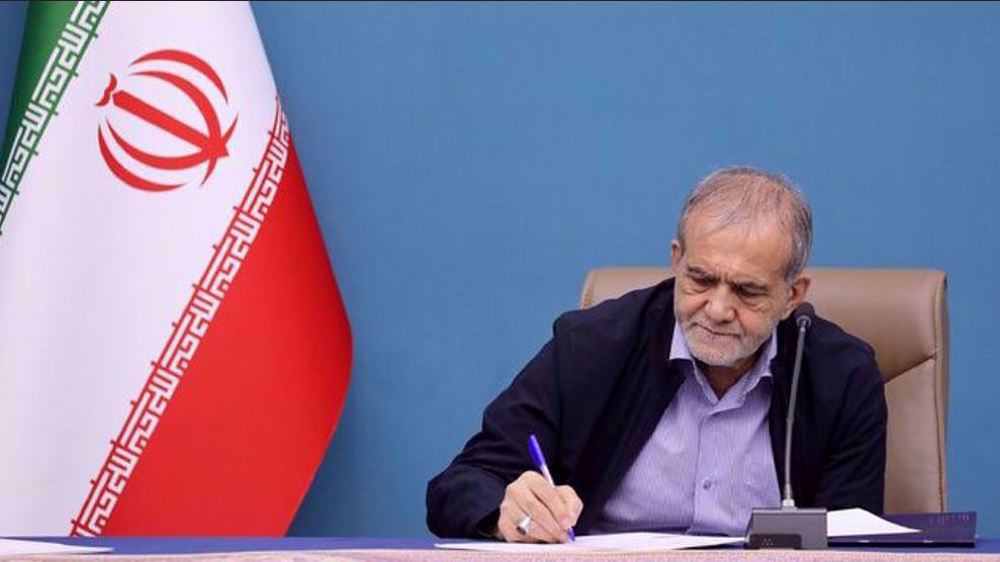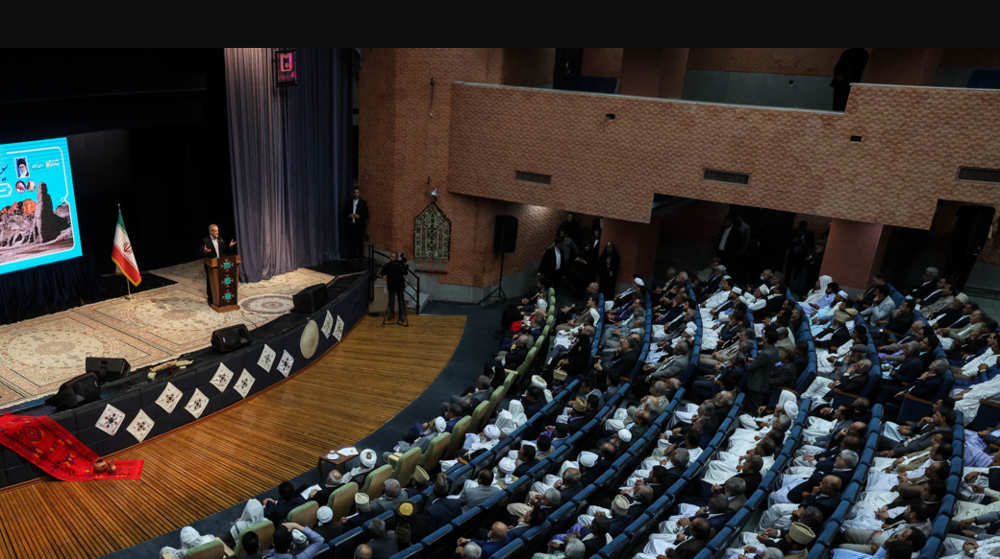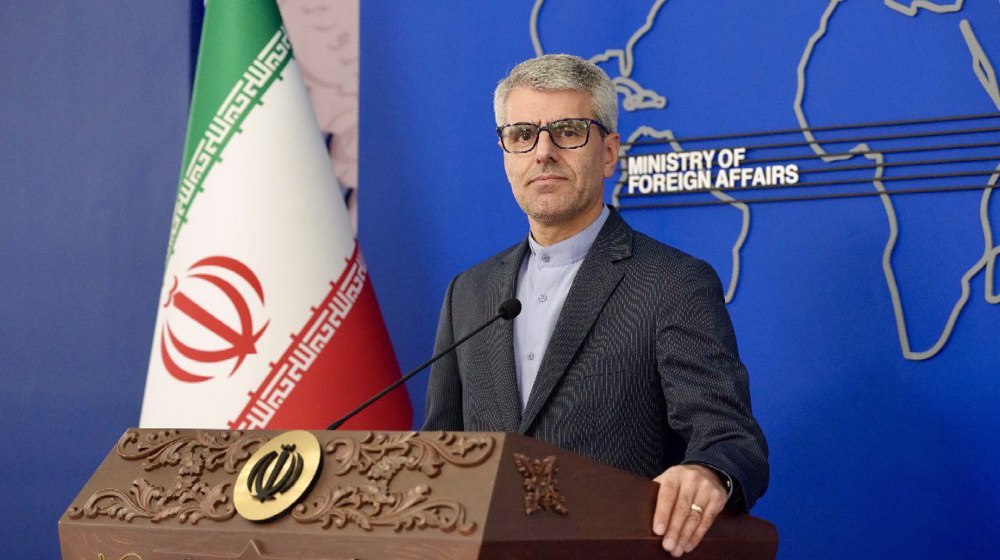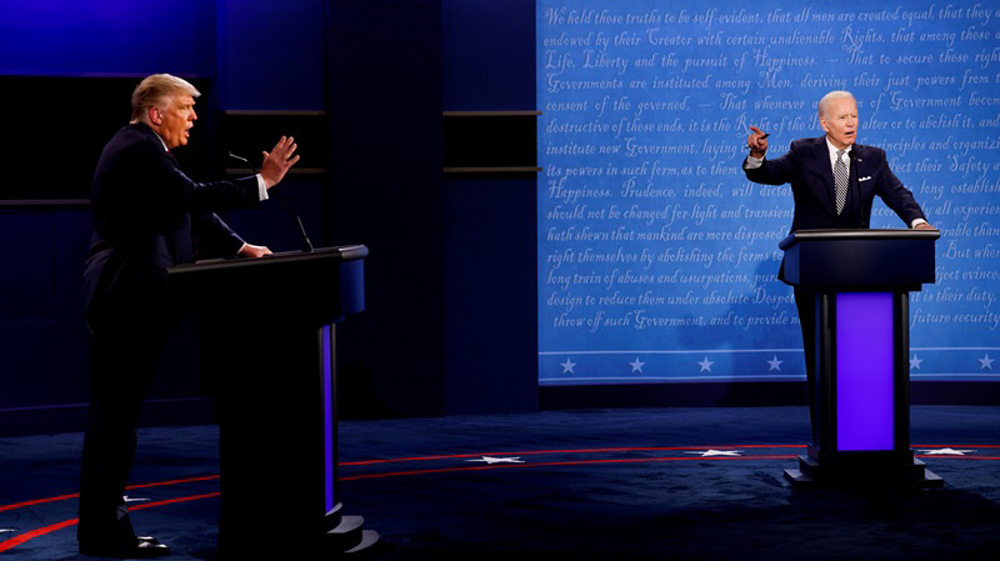Iran rejects renegotiation of JCPOA under new US administration
Iran's permanent representative to Vienna-based international organizations says there is no necessity for a separate document to revive the 2015 nuclear deal under the new US administration after the Unite Nations atomic watchdog chief called for a new agreement with Tehran.
In a series of tweets on Friday, Kazem Gharibabadi reiterated Iran’s position on the 2015 landmark accord, officially known as the Joint Comprehensive Plan of Action (JCPOA), that the agreement was not subject to renegotiation even as a new administration came to power in Washington.
“There would be no renegotiation on the deal and in case of its revival, there is no necessity for a new document on the Agency’s role. It’s not needed to complicate the situation,” Gharibabadi wrote in one of his tweets.
There would be no renegotiation on the Deal and in case of its revival, there is no necessity for a new document on the Agency’s role. It’s not needed to complicate the situation. (3/3) pic.twitter.com/c1u1YfCDEy
— Gharibabadi (@Gharibabadi) December 17, 2020
The Iranian envoy also said under the accord, the International Atomic Energy Agency (IAEA) was tasked with only monitoring and verifying Iran’s voluntary measures, and not making assessments on how Tehran was implementing its commitments.
"As I said before, IAEA’s sole role is to monitor and verify the voluntary nuclear-related measures as detailed in the JCPOA and to provide regular factual updates in this regard,” Gharibabadi said, adding, “Presenting any assessment on how the commitments are implemented (e.g referring to breach ) is absolutely beyond the mandate of the Agency and should be avoided."
Iran's permanent representative to Vienna-based international organizations was responding to comments by IAEA chief Rafael Mariano Grossi, who argued the upcoming US administration needs to strike a new deal with Iran due to the occurrence of what he claimed “too many breaches.”
US President-elect Joe Biden, who is to take office next month, has said he hopes to return the US to the deal, which was reached while he was vice president, but he has also indicated he would like to expand it.
Deputy Foreign Minister for Political Affairs Abbas Araqchi told the 17th Joint Commission to the JCPOA via virtual video conference on Wednesday that safeguarding the 2015 Iran nuclear deal is not a one-man job and called on other signatories to keep their side of the bargain.
Regarding speculation about the possible return of Biden's administration to the JCPOA, Araqchi said, "We pay attention to actions instead of words and speculation."
The JCPOA was signed in July 2015 between Iran and six world powers and ratified in the form of Resolution 2231.
However, President Donald Trump unilaterally pulled the US out of the deal in May 2018 and reinstated the anti-Iran sanctions that had been lifted by the deal.
The Trump administration also targeted Iran with the so-called maximum pressure campaign, subjecting the nation to the “toughest ever” restrictive measures.
As the remaining European parties failed to live up to their commitments to keep trade with Iran despite US bans, the Islamic Republic moved in May 2019 to suspend some of its commitments under Articles 26 and 36 of the accord covering Tehran’s legal rights.
Tehran has, however, said that its countermeasures are reversible once Washington returns to the JCPOA, fulfills its commitments and ends its sanctions.
VIDEO | Intl. Day for the Elimination of Violence against Women: A stark reminder of Gaza women
Australia denies ex-Israeli minister Shaked visa
VIDEO | 85% of Yemeni displaced people face daily hunger crisis
US House passes bill targeting charities and pro-Palestine groups
VIDEO | Supporting Gaza genocide
Hezbollah attacks Israeli forces after Lebanese homes blown up
World leaders, states hail ICC arrest warrants for Netanyahu, Gallant
MP: US accountable for possible Israeli 'foolishness' to attack Iraq





















 This makes it easy to access the Press TV website
This makes it easy to access the Press TV website